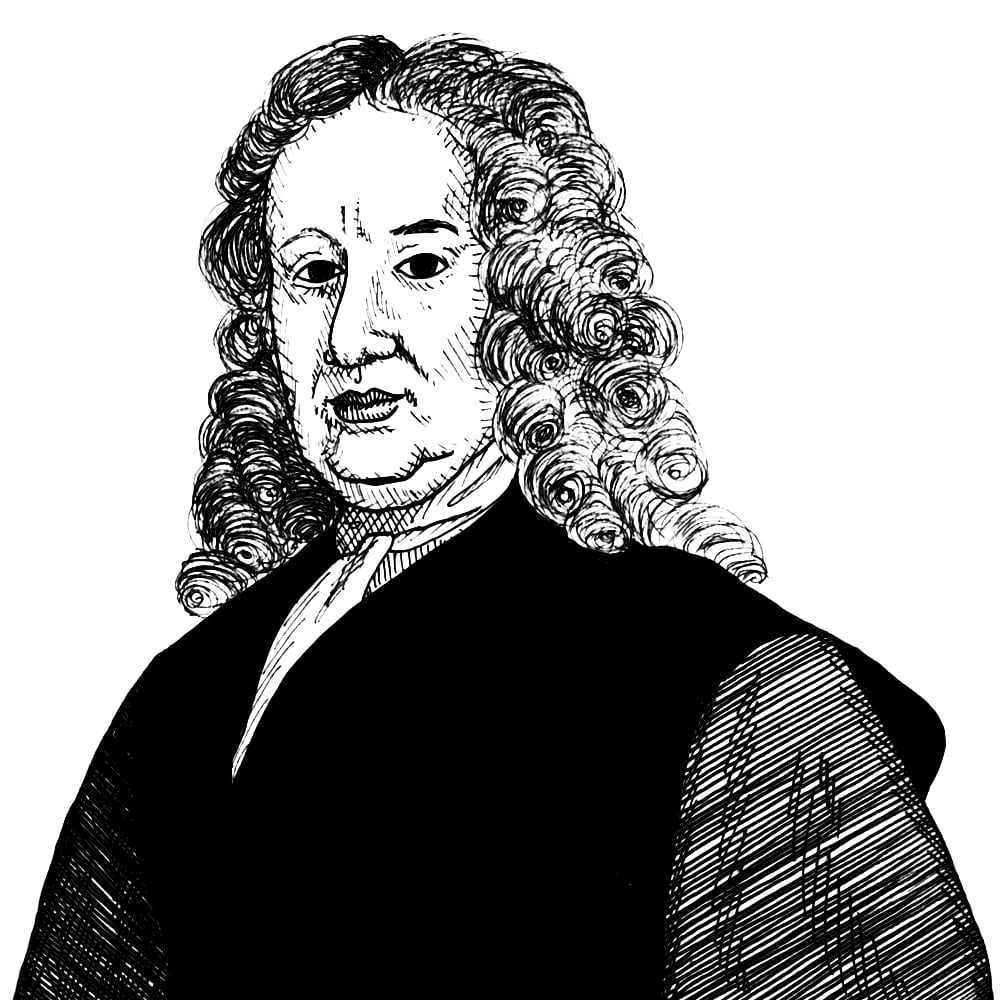
Robert Filmer thought that the idea of the “consent of the governed” would inevitably lead to anarchy (1680)
Found in: Patriarcha, or the Natural Power of Kings
The defender of the theory of the divine right of kings, Sir Robert Filmer (1588-1653), thought that the idea of the “consent of the governed” would inevitably lead to anarchy:
The State
Since nature hath not distinguished the habitable world into Kingdomes, nor determined what part of a people shall belong to one Kingdome, and what to another, it follows that the originall freedome of mankind being supposed, every man is at liberty to be of what Kingdome he please, and so every petty company hath a right to make a Kingdome by it self, and not only every City, but every Village, and every Family; nay, and every particular man a liberty to chuse himself to be his owne King if he please, and he were a mad man that being by nature free would chuse any man but himself to be his own Governour. Thus to avoid the having but of one King of the whole world, we shall run into a liberty of having as many Kings as there be men in the world, which upon the matter, is to have no King at all, but to leave all men to their naturall liberty, which is the mischief the Pleaders for naturall liberty do pretend they would most avoid.